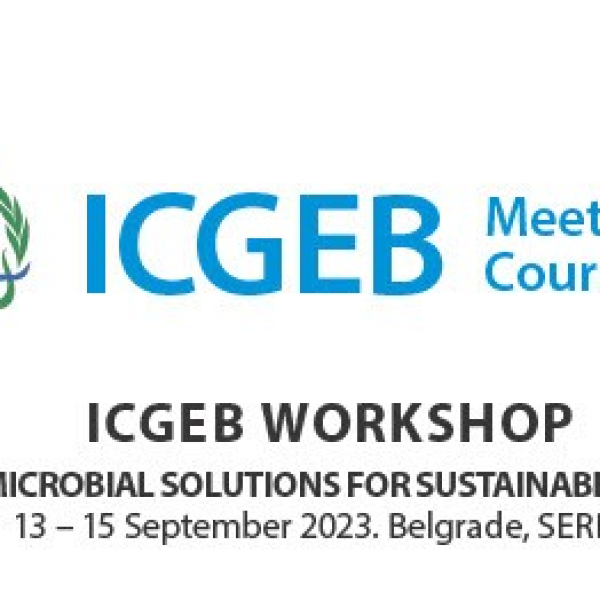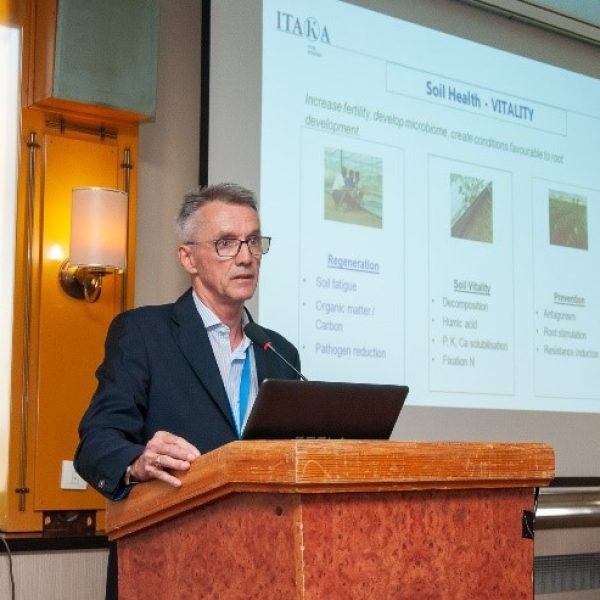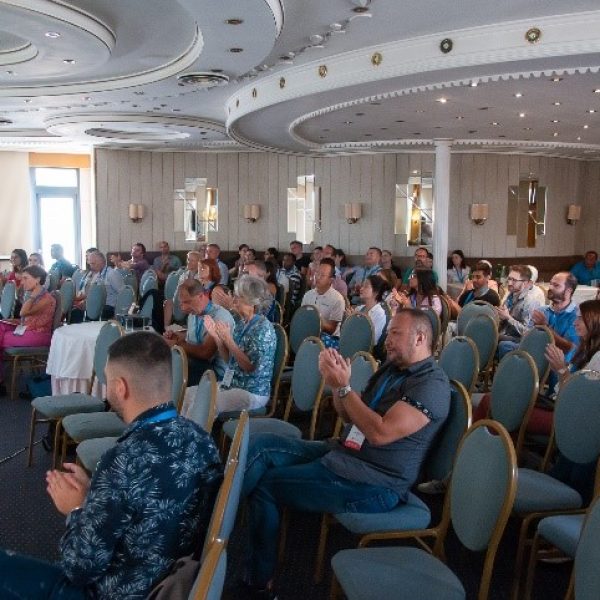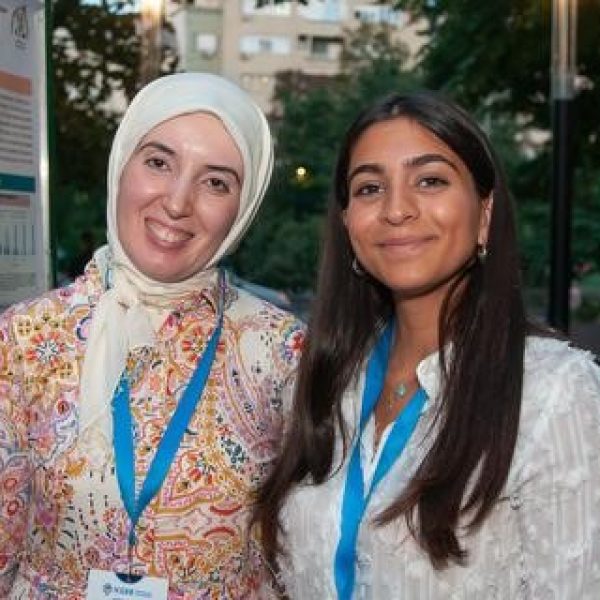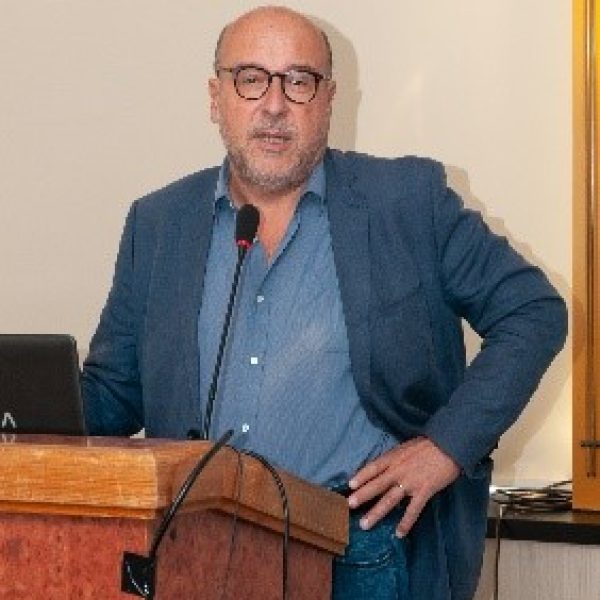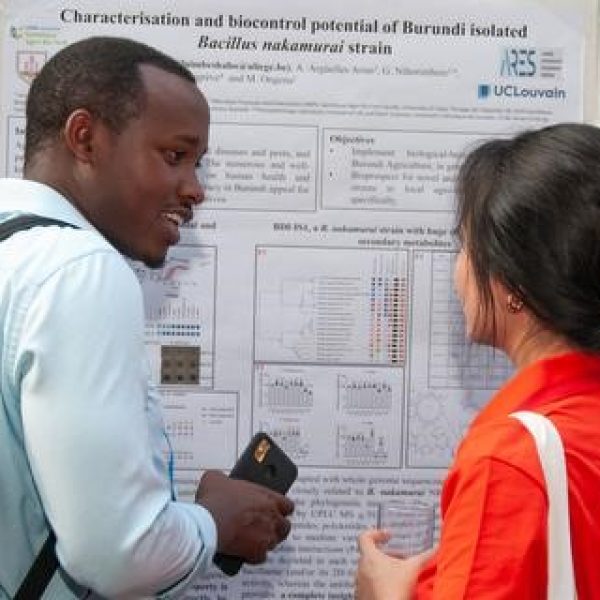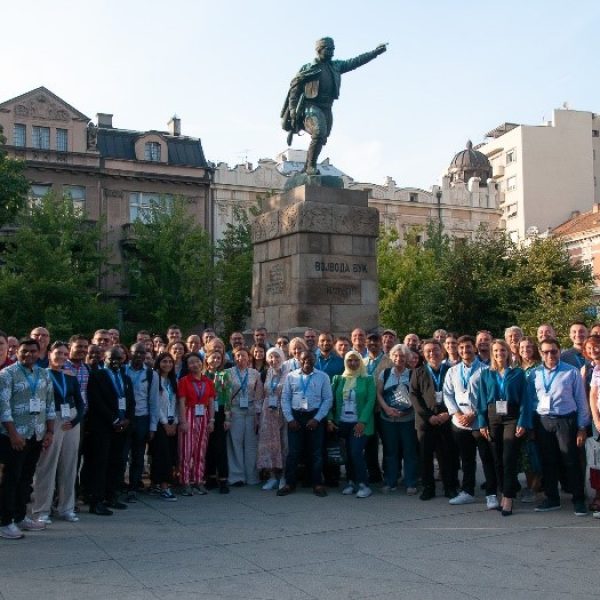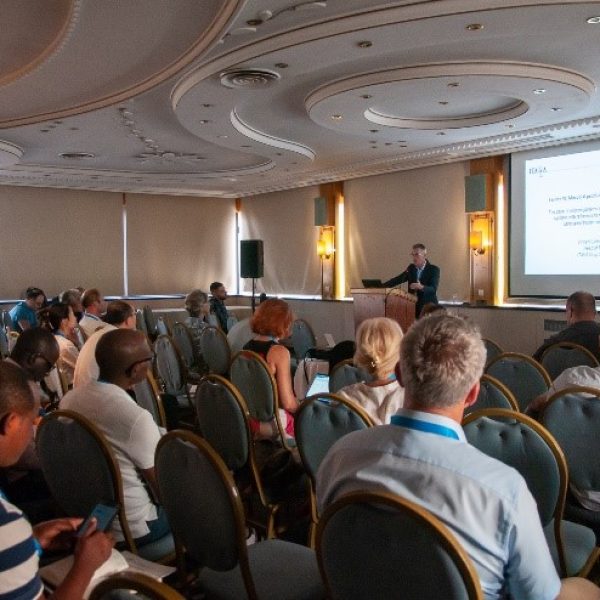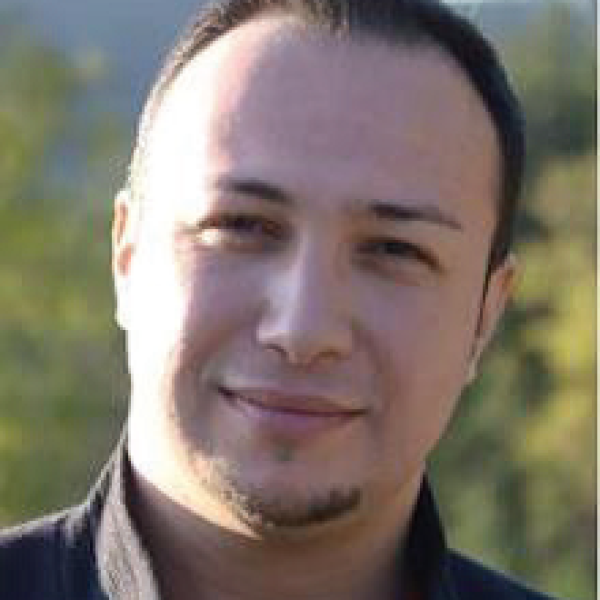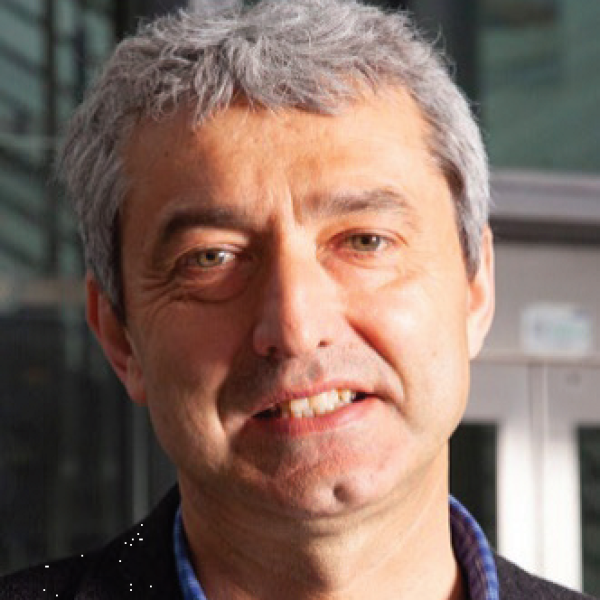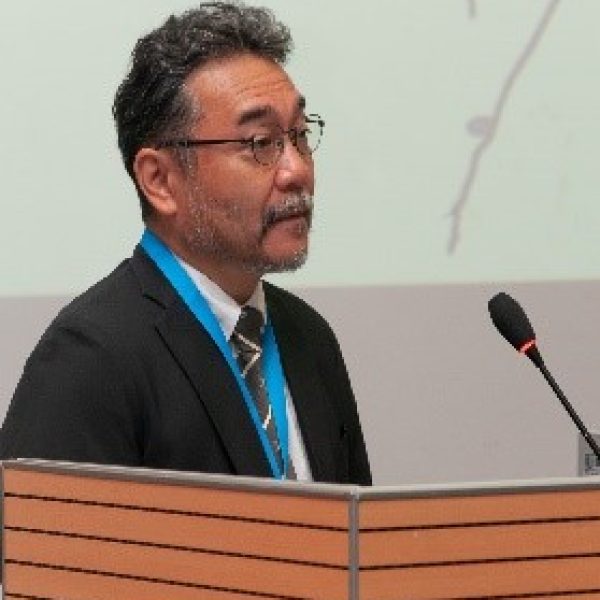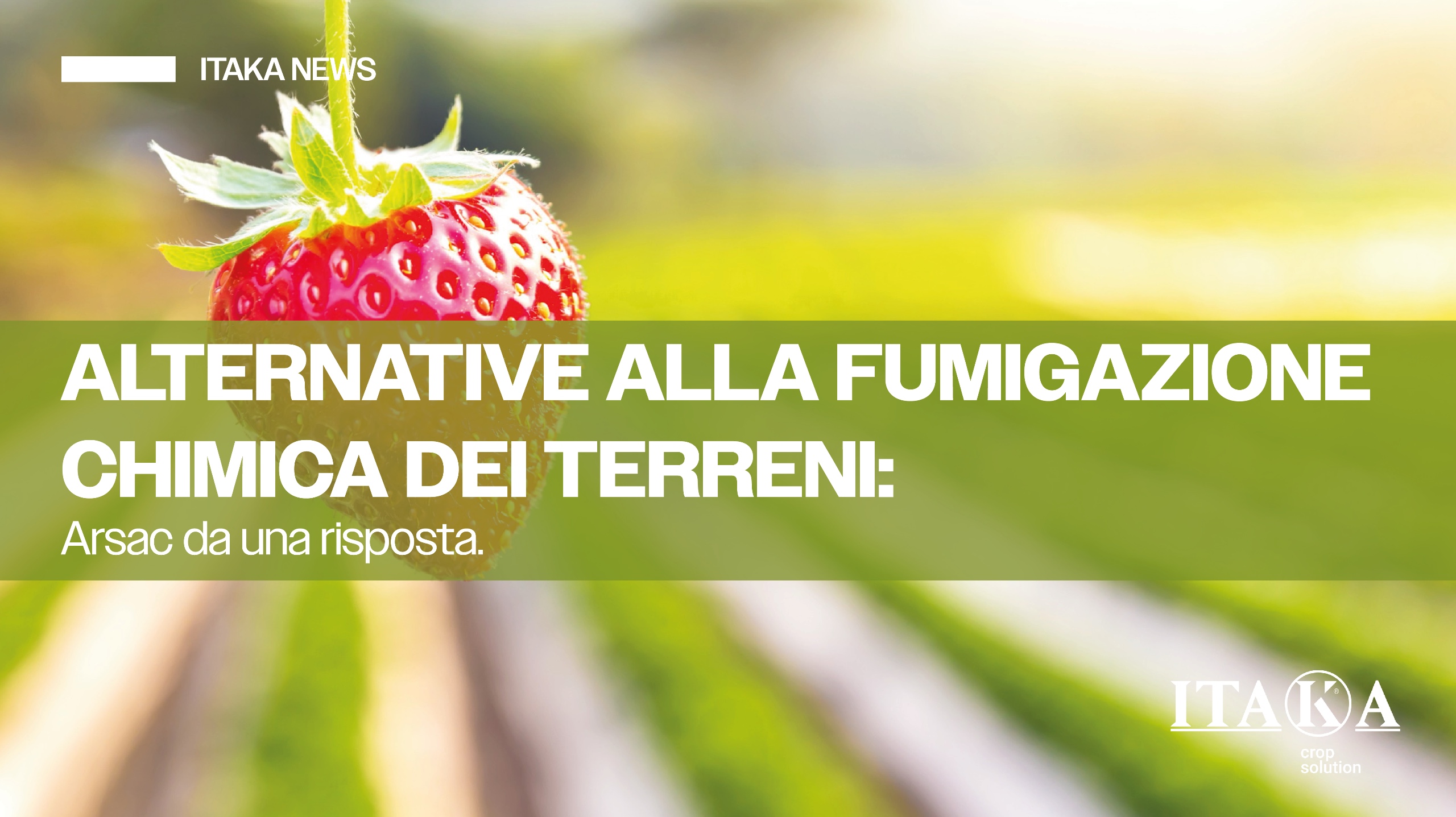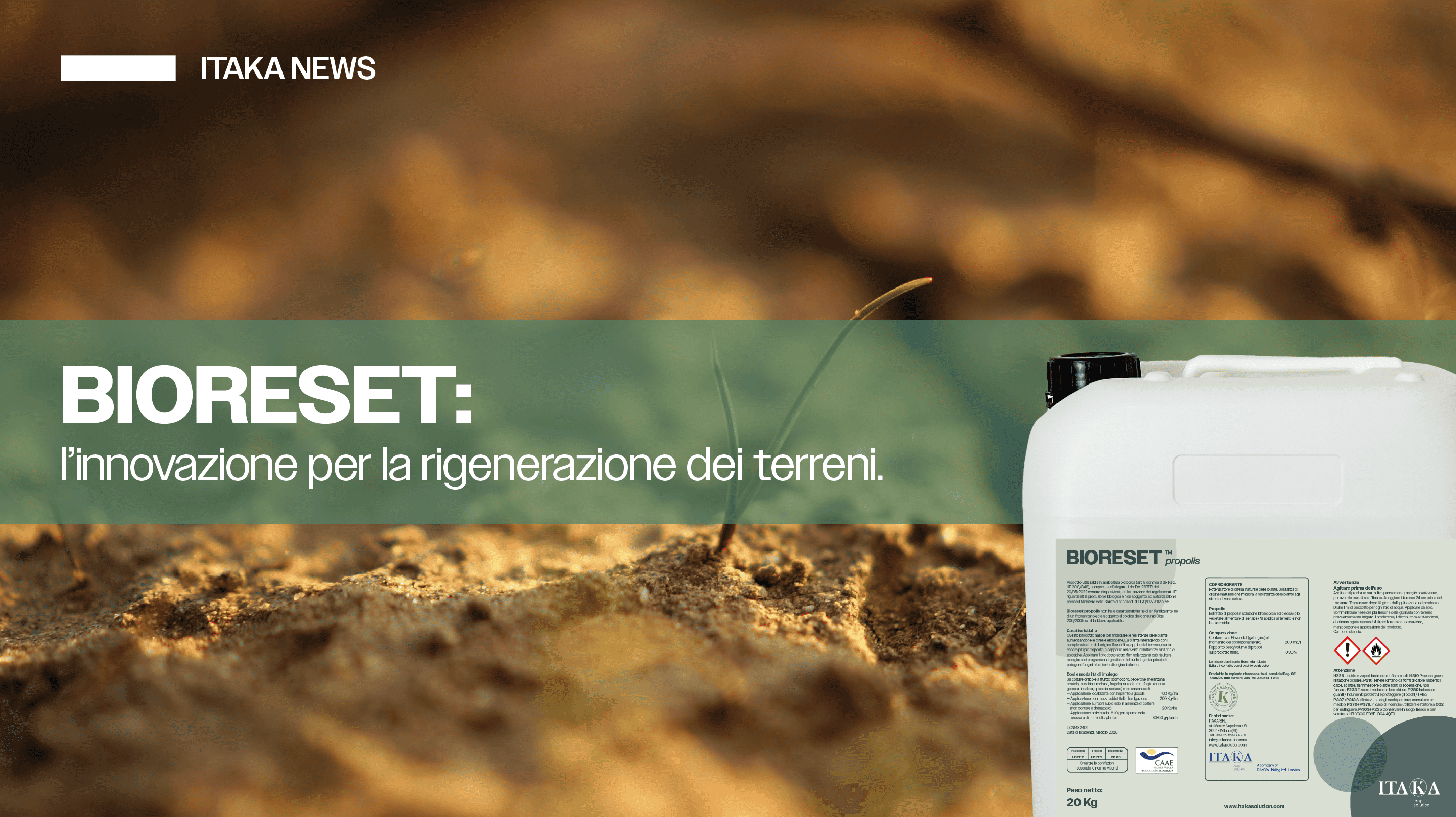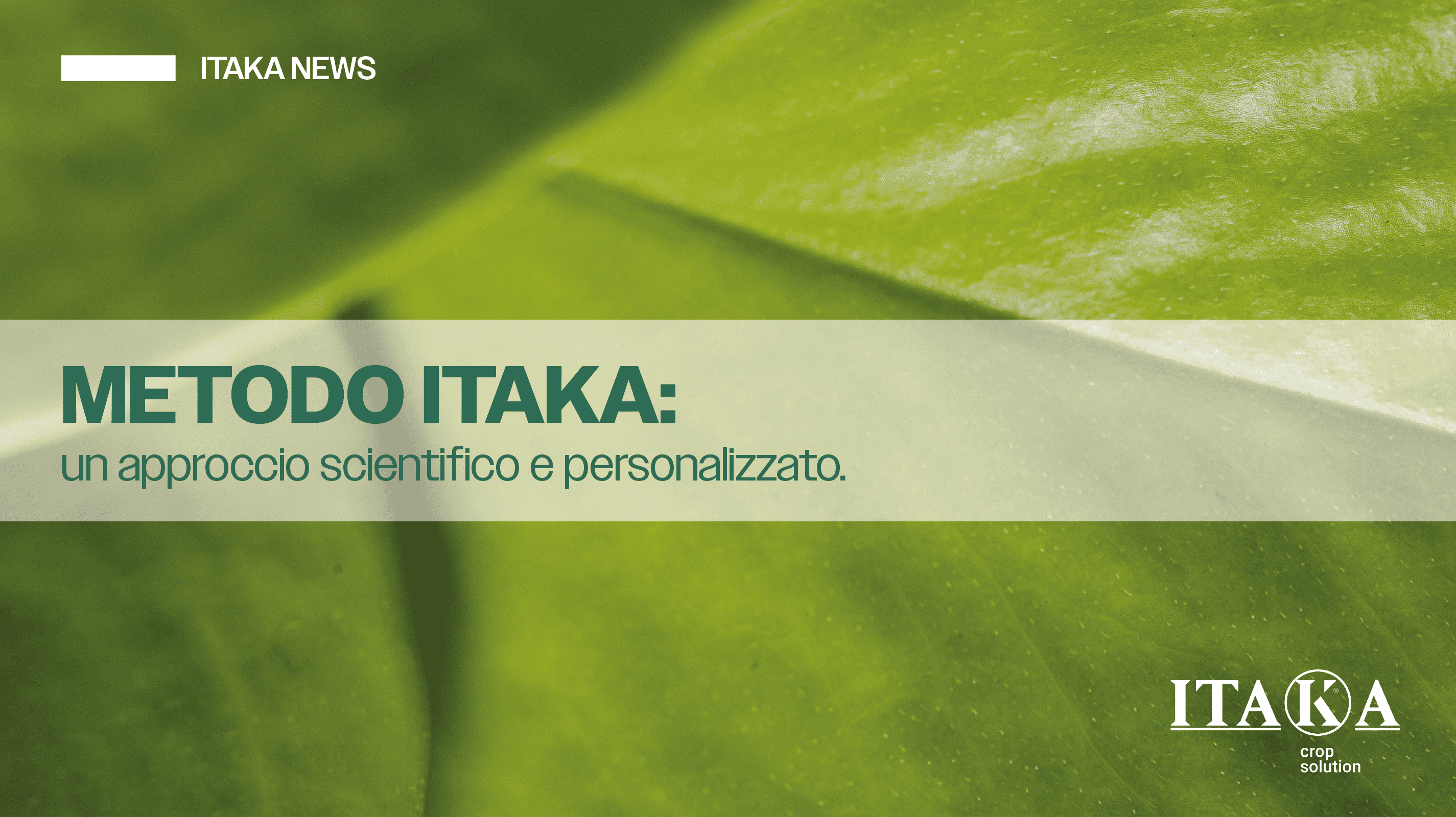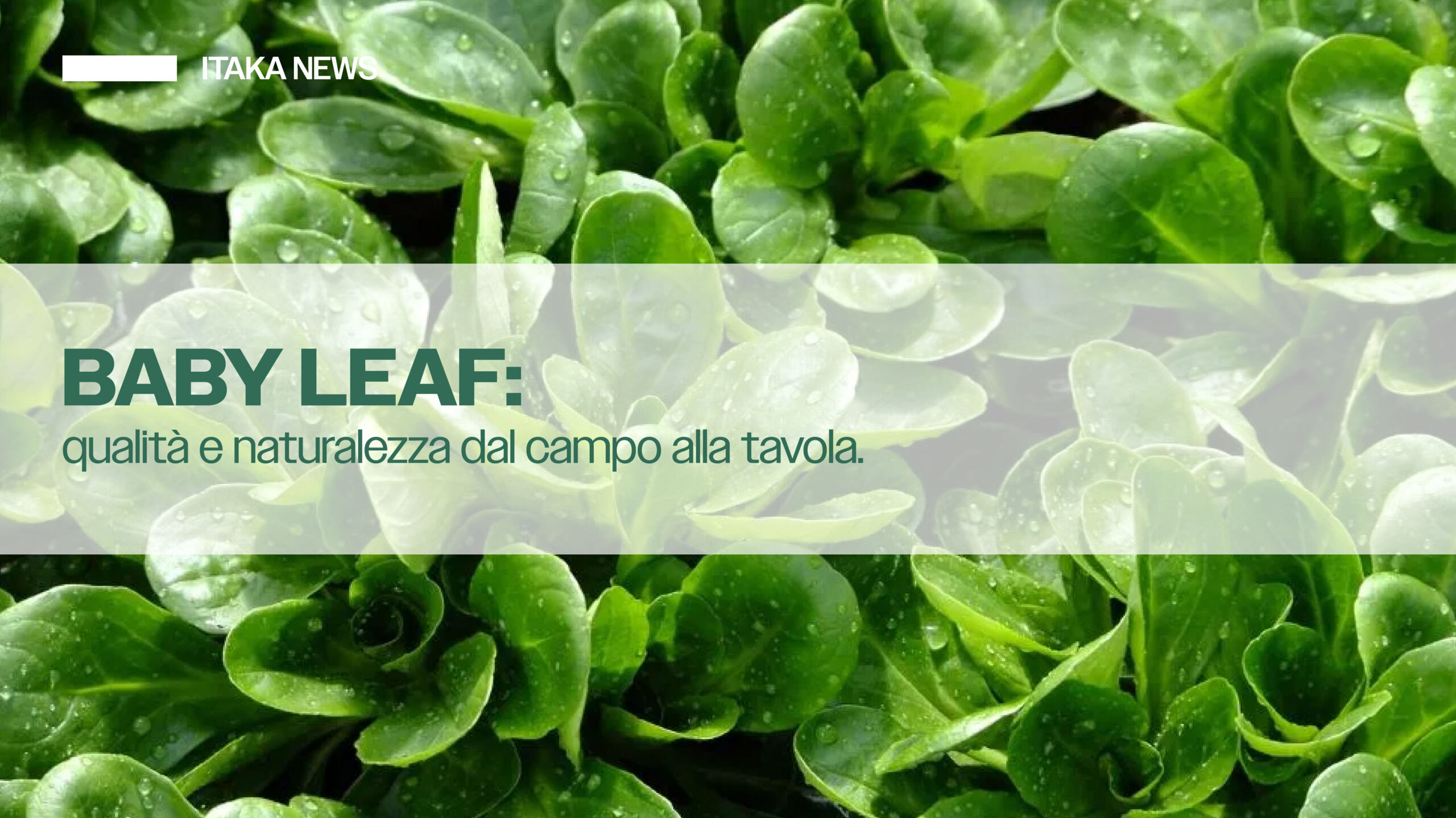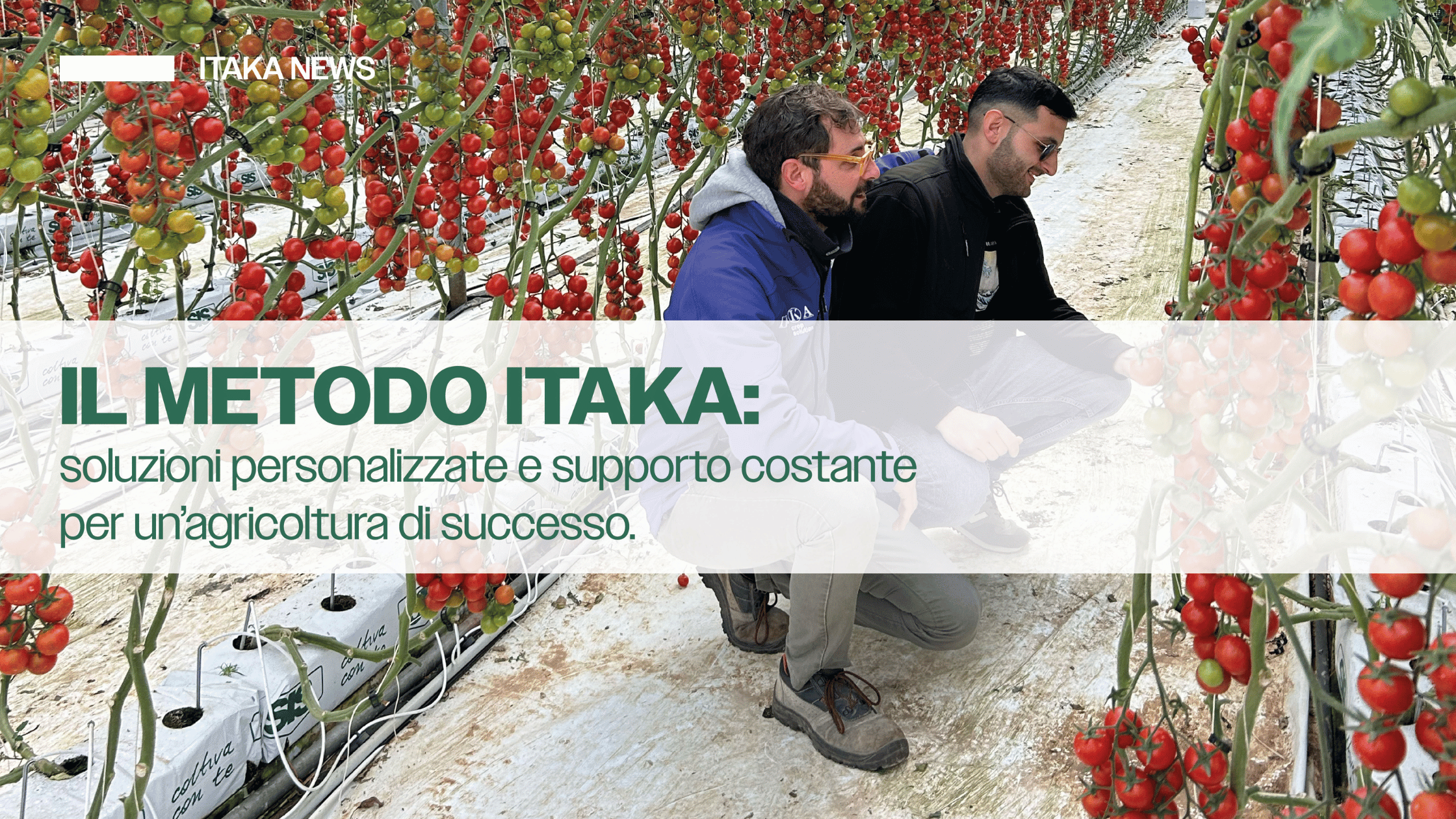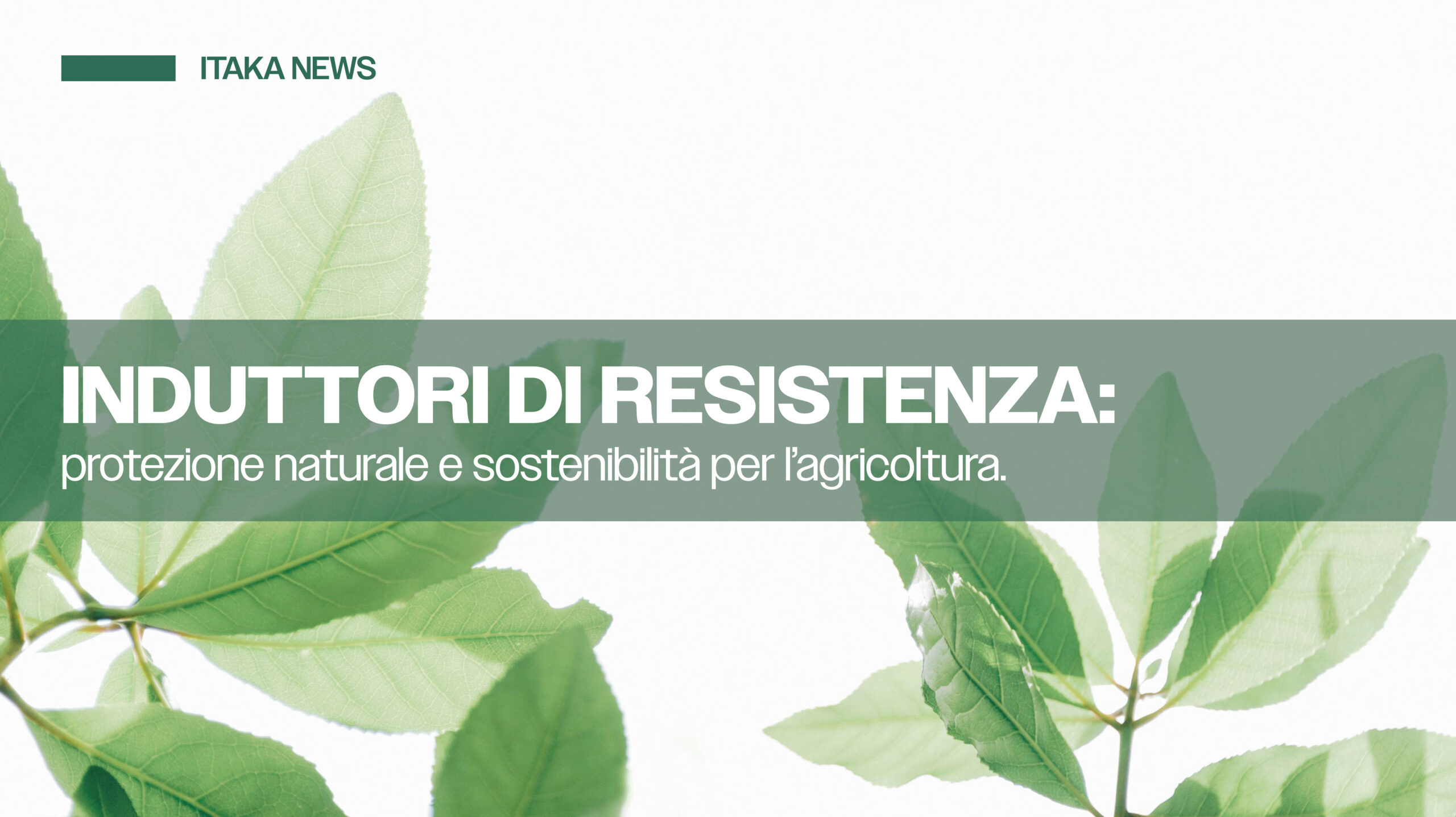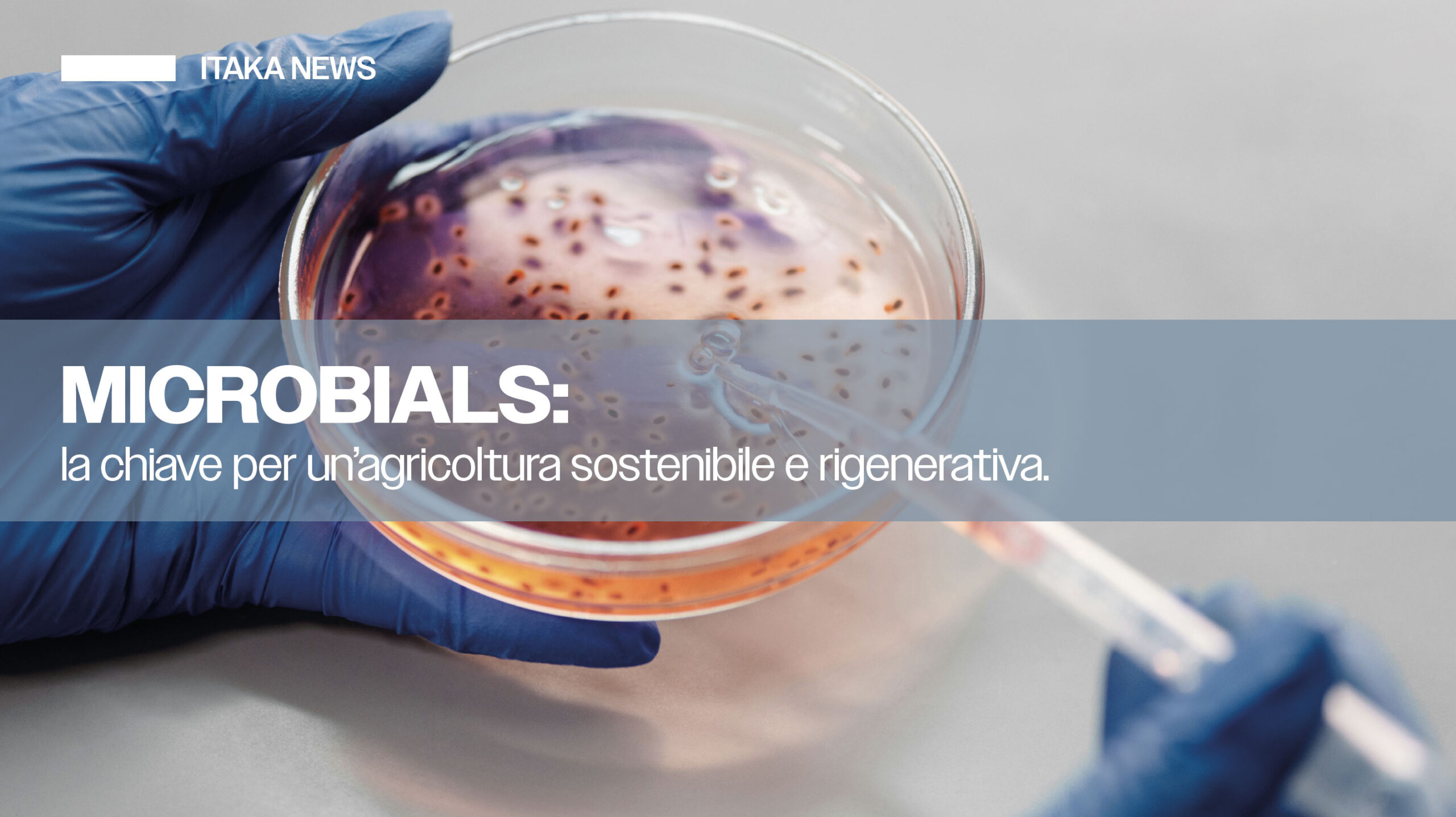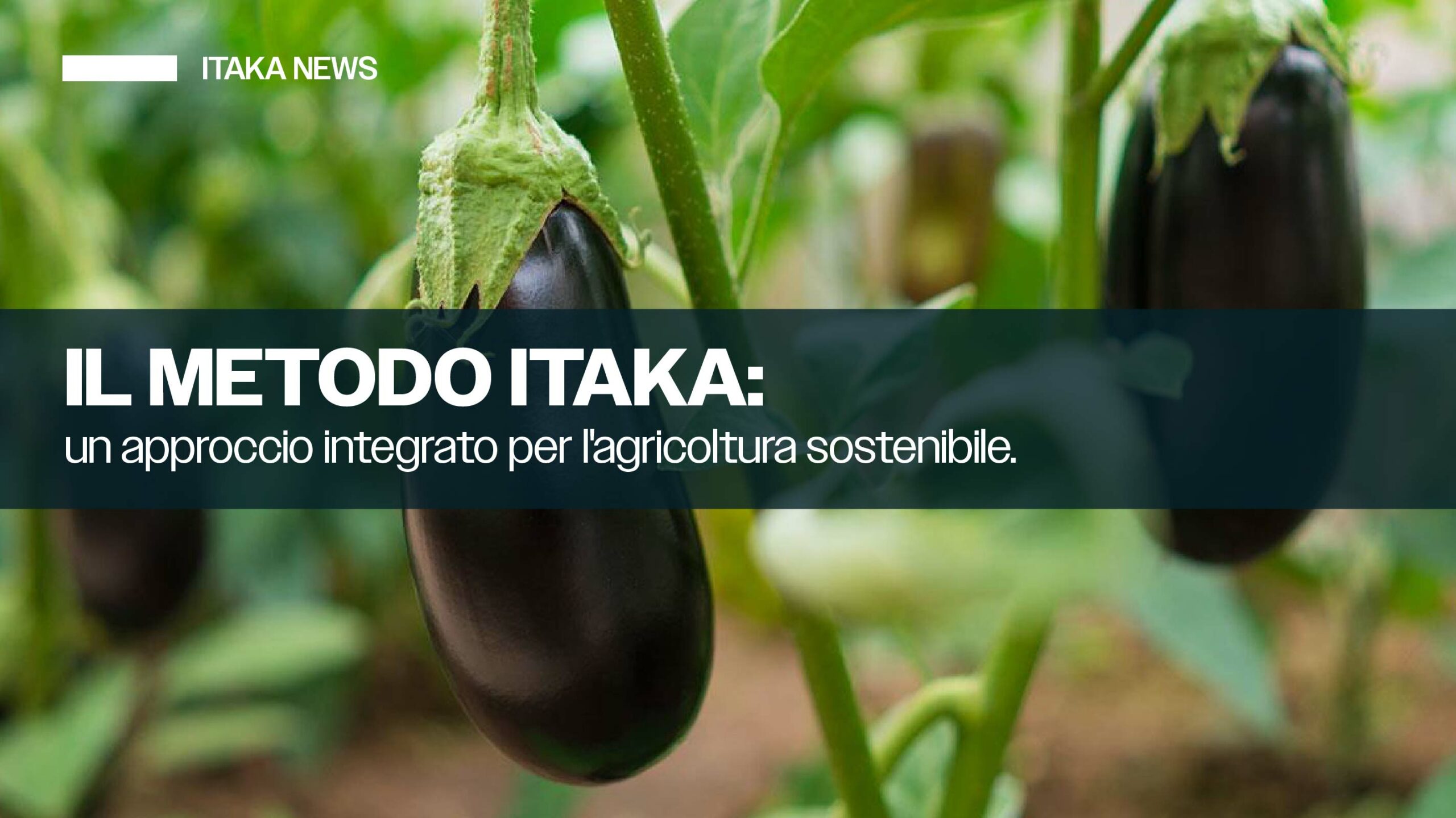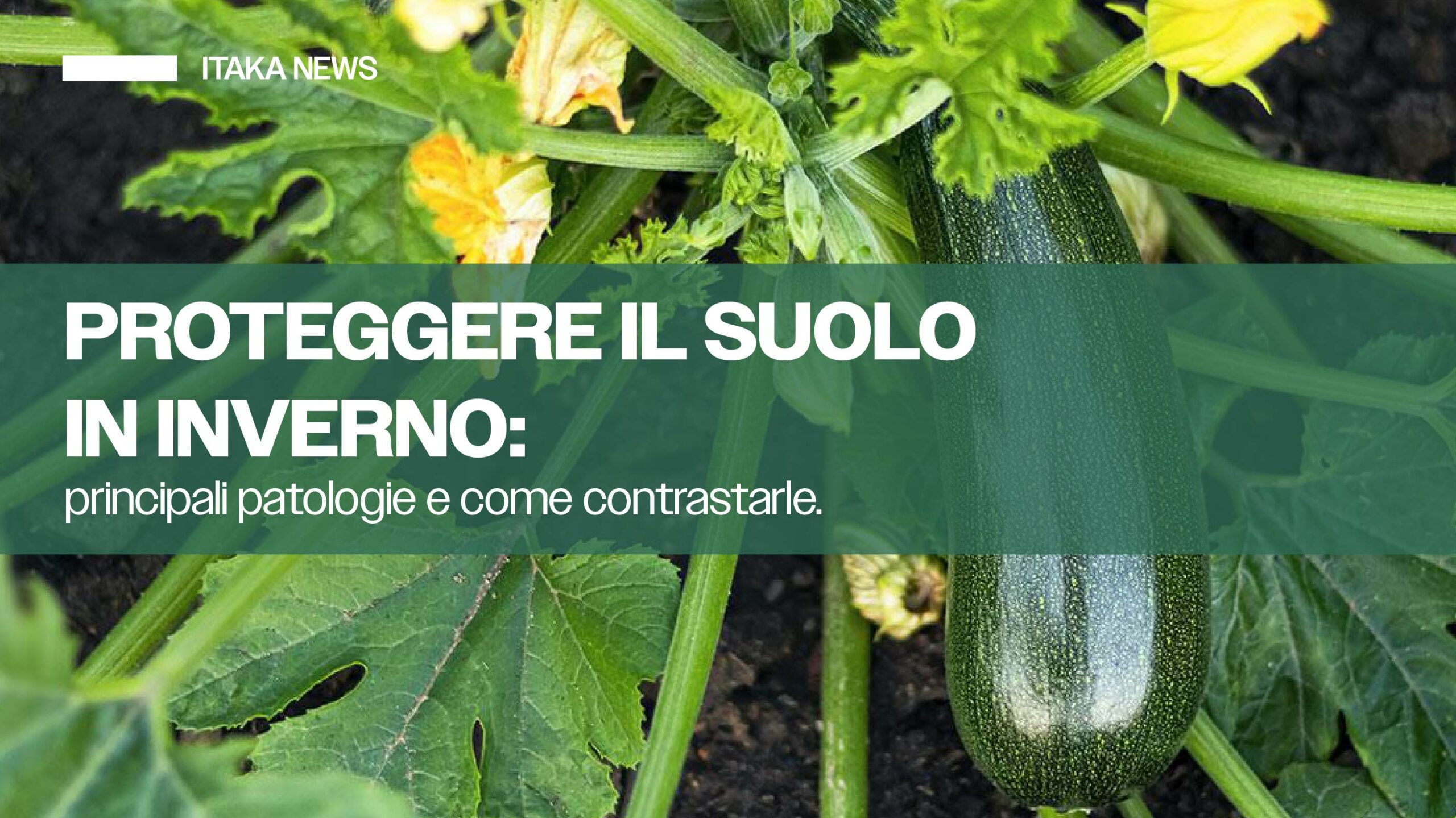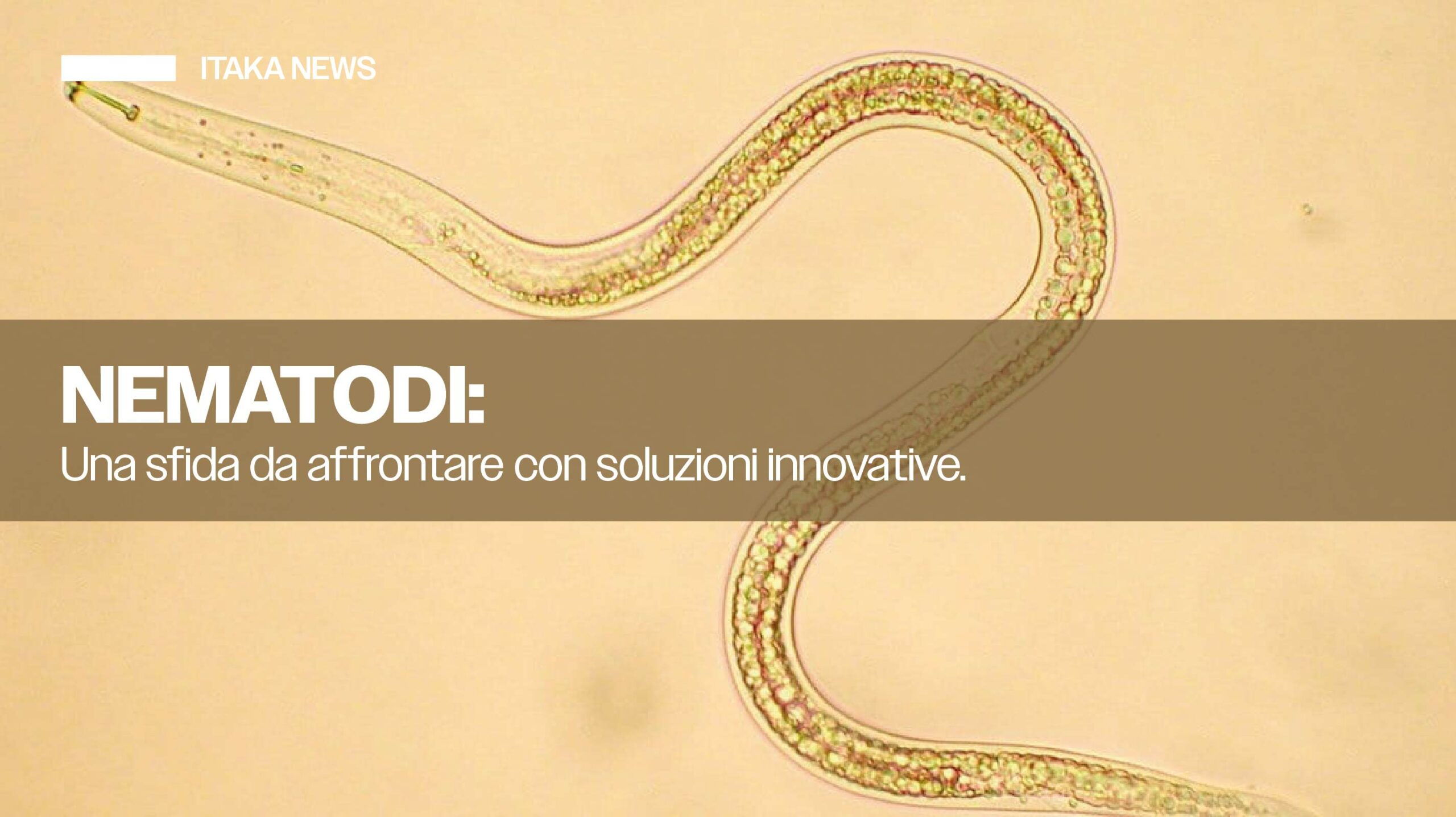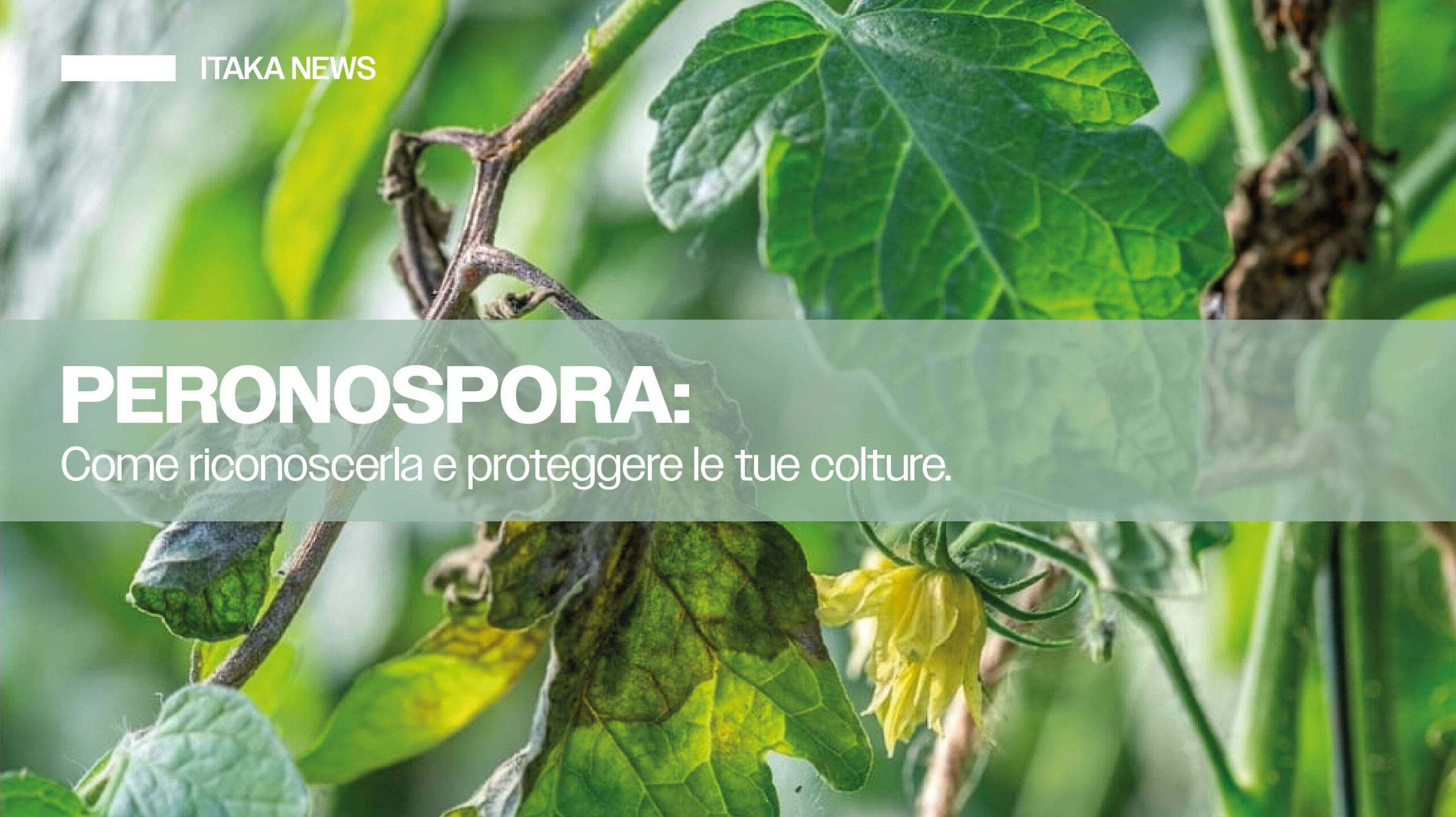TRENDS IN MICROBIAL SOLUTIONS FOR SUSTAINABLE AGRICULTURE
13-15 September 2023, Belgrade, SERBIA
Message from the scientific organizers
Dear colleagues and friends,
It is our great pleasure to welcome you to the Workshop “Trends in microbial solutions for sustainable agriculture” to be held in Belgrade, Serbia, September 13-15, 2023.
This meeting is organized by the University of Belgrade – Faculty of Biology, Belgrade, Serbia, and co-organized by the International Centre for Genetic Engineering and Biotechnology (ICGEB), Trieste, Italy, and our friends from the Serbian company FERTICO. The Workshop is organized with the support of the Federation of European Microbiological Societies (FEMS), the Ministry of Science, Technological Development and Innovations of the Republic of Serbia and the Serbian Society for Microbiology. We thank the sponsors for their recognition of the importance of the event, their participation and support.
We are pleased to inform you that Workshop Belgrade, Serbia – Book of Abstract will appear in the Collection of the Faculty of Biology, published by the University of Belgrade – Faculty of Biology

This Workshop is dedicated to our colleague and friend Professor Djordje Fira, who was one of the chairs of the Scientific and Organizing Committee. Unfortunately, he is no longer with us. Professor Fira, with his ideas and enthusiasm, had an innovative approach to the use of bacteria in biological pest control and its application in sustainable agriculture. We are sad but joyful because we had the opportunity to live, work and learn from the man who was professor, head of department, colleague and friend. Professor Fira was the embodiment of a good, honest, sincere and careful person. We had the privilege of sharing our lives with professor Fira – your presence we miss, your memories we treasure.

This Workshop, covering all major topics of the use of microbial solutions in sustainable agriculture, is in perfect harmony with the Serbian Smart Specialization Strategy, the European Green Deal and FOOD 2030 research and innovation policy in the field of applied microbiology. Indeed, the environmental and ethical unsustainability of the continued use of chemical pesticides, coupled with the need for yield increases due to population growth and the simultaneous reduction of land under food crops, is leading to a general awareness of the need to drastically reduce the use of chemical pesticides, as well as radical changes in current agricultural practices
Interest in biological control of phytopathogens has particularly increased in the last decade, mainly because of the importance of using environmentally friendly alternatives to the extensive use of chemical pesticides to control pest diseases.
The extensive microbiome research in the field of plant microbiome structure and function, the pivotal role of plant-associated microbes in plant health and productivity, and the new “state-of-the-art” methods available today should expand our knowledge and pave the way from laboratory data to practical applications in sustainable agriculture. Plant-associated microbial communities play a key role in biotic and abiotic stress tolerance as well as nutrient acquisition and carbon and nitrogen cycling.

The idea of developing environmentally friendly biofertilizers and other agricultural biotechnologies, along with molecular studies of plant resistance to biotic and abiotic stresses, the study of interkingdom signalling between plants and plant-associated bacteria, with special attention to emerging phytopathogens, will be the main activities and outcomes of the Workshop.
We strongly believe that the Workshop is an excellent place to exchange and combine scientific ideas among experts and participants, with great opportunities to start new international collaborations and joint scientific projects.
We have received an overwhelming response to our call, with numerous talented applicants, more than 160 participants from 41 countries (Argentina, Bangladesh, Brazil, British Indian, Ocean Territory, Burundi, Cameroon, China, Colombia, Cote d’Ivoire, Croatia, Ecuador, Egypt, Ethiopia, Ghana, Greece, Hungary, India, Iraq, Italy, Kenya, Libya, Malawi, Mexico, Montenegro, Namibia, Nigeria, Pakistan, Papua New Guinea, Peru, Russian Federation, Serbia, Slovenia, Somalia, South Africa, Sri Lanka, Sudan, Tunisia, Turkey, United Republic of Tanzania, Zimbabwe, and the United States) to compete for the limited number of available grant awards.
In addition to the invited speakers’ presentations, the programme also includes poster presentations by a number of early career scientists and PhD students, many of whom are supported and funded by ICGEB and FEMS grants (we selected more than 30 fellows from 16 countries). We were honoured to welcome 30 speakers from 15 countries (Austria, Belgium, Croatia, Germany, Hungary, India, Italy, Japan, Romania, Saudi Arabia, Serbia, Slovenia, South Africa, Spain and the Netherlands).
We thank all participants for their scientific commitment, which will contribute significantly to the success of the Workshop.
We hope you enjoy the Workshop programme and find it stimulating and informative. We also hope that you will enjoy the beauty of Belgrade and the Serbian hospitality. We sincerely wish you health, love and happiness and look forward to the new meetings.
Sincerely,
Ivica Dimkić PhD
Scientific & Organizing Commitee Chairperson
Vittorio Venturi, PhD
Scientific & Organizing Commitee Co-Chairperson


